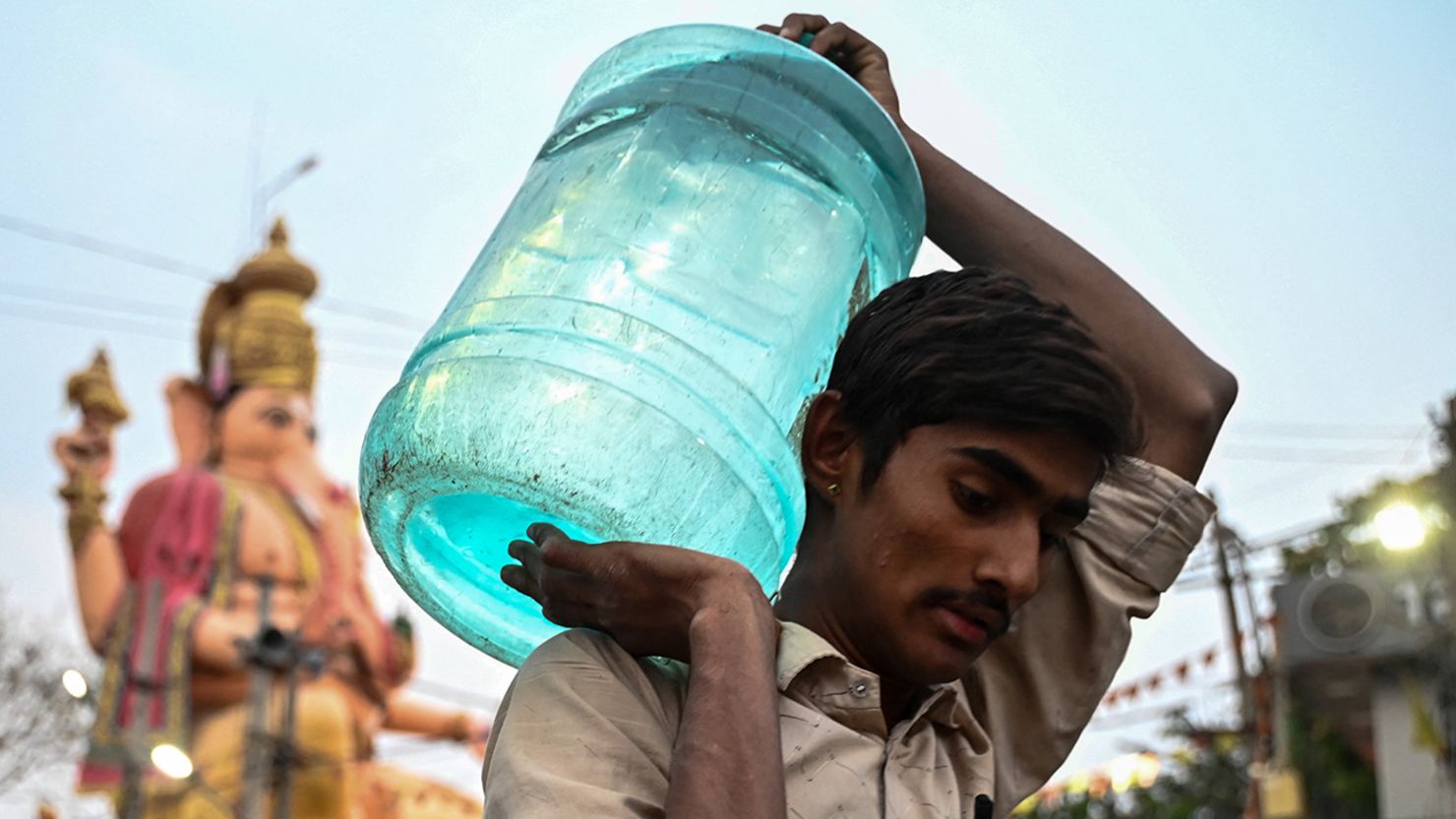India is confronting a deepening water crisis as rapid urbanisation and erratic climate patterns push groundwater reserves to dangerous lows. While cities like Bengaluru reel under water shortages despite heavy monsoon rains, experts warn that these urban struggles reflect a nationwide emergency—one that demands urgent structural reforms in how groundwater is governed and protected.
Bengaluru, one of India’s fastest-growing urban centres, witnessed its wettest May on record this year. Yet, water scarcity remains a daily reality for millions, particularly those living on the city’s peripheries who rely on borewells and private tankers. The irony of floods and dry taps has become a hallmark of India’s fractured approach to water management.
Groundwater currently sustains over 60% of India’s agricultural irrigation and more than 80% of its rural drinking needs. However, a 2024 report by the Central Groundwater Board revealed that India is extracting water at rates that far exceed natural recharge. Out of approximately 7,000 groundwater blocks studied, 11% are categorised as “over-exploited”, while another 3% are “critical”. This mounting stress is driven by a combination of growing population pressures, urban sprawl, intensified farming, and industrial expansion.
Historically, India’s approach to groundwater has been shaped by colonial-era legal frameworks that now prove woefully inadequate. The Indian Easements Act of 1882 treats groundwater as a private property right linked to land ownership. This outdated model reinforces socio-economic inequities, favouring landowners—mostly upper-caste men—while marginalising women, landless labourers, and lower-caste communities who form the backbone of India’s agrarian economy and domestic water work.
Attempts to reform this system have yielded limited success. Model Groundwater Bills introduced in 1992, 2005, and 2016 aimed to offer regulatory frameworks but failed to shift the paradigm from land-linked entitlements to public stewardship. These laws largely adopt a reactive stance, addressing crises only after aquifers have been depleted, instead of ensuring long-term sustainability. Furthermore, they fail to consider critical regional variations in hydrology, rainfall, and socio-economic context—particularly in under-tapped states in the east and south.
Another major shortcoming is the near-absence of ecological considerations. Aquifers are not infinite reservoirs but dynamic ecosystems. Their over-extraction disrupts biodiversity, threatens rivers, and undermines long-term water security. As India grapples with the accelerating impacts of climate change, the need to prioritise source sustainability over short-term water supply has never been more urgent.
Environmental and water governance experts are calling for a fundamental reorientation of policy. Groundwater must be treated as a shared public trust, with the state bearing the responsibility of equitable allocation and conservation. Decentralisation, along with enhanced roles for local governments and water-user associations, could enable more context-sensitive and participatory management. A rights-based, inclusive approach that gives voice to women and marginalised groups is essential for equitable distribution.
Urbanisation adds a critical layer to the crisis. Cities continue to expand without integrated planning for water infrastructure. As surface water sources dry up or get polluted, urban areas increasingly depend on overburdened aquifers. Without reforms, this urban-rural competition for water could intensify social tensions and threaten economic stability.
India stands at a crossroads. Without bold, inclusive, and environmentally grounded reforms, the country’s aquifers may continue to dwindle—fuelled by the very growth they once supported. Shifting focus from extraction to regeneration, and from ownership to stewardship, may be the only way to secure India’s water future in an era of climate uncertainty.
Also Read : South Africa Acts on Ship Noise Pollution


